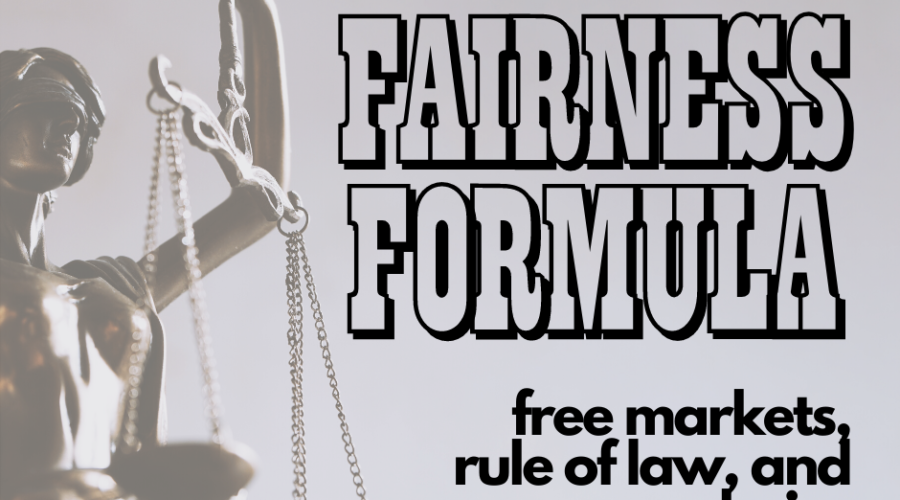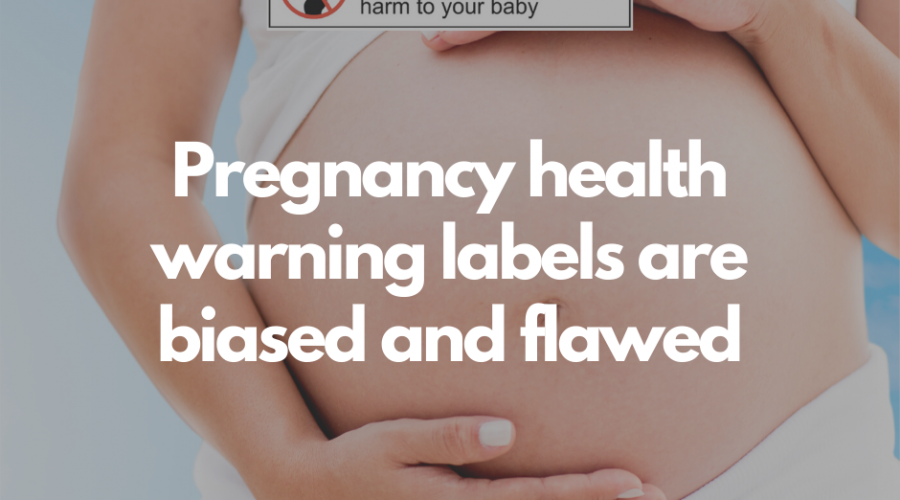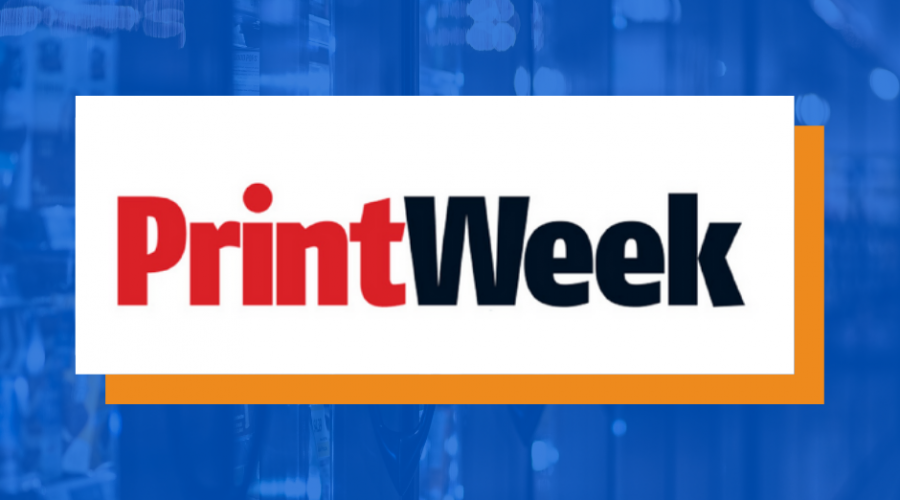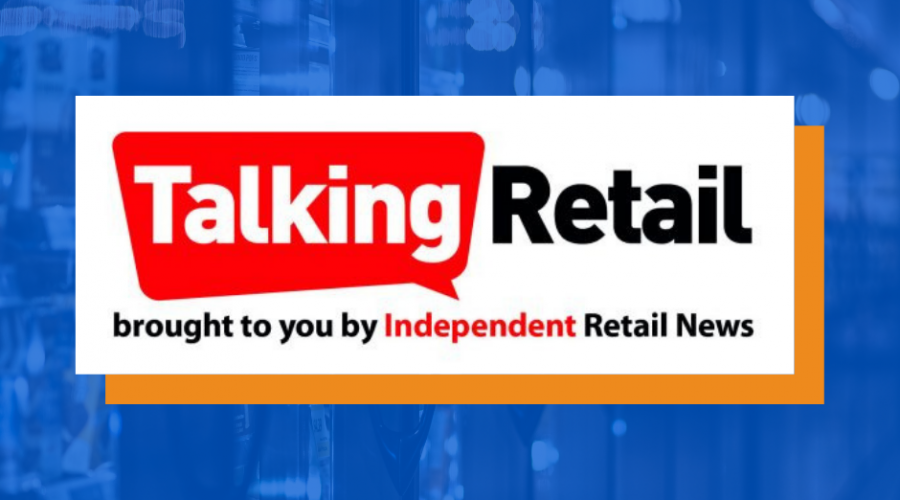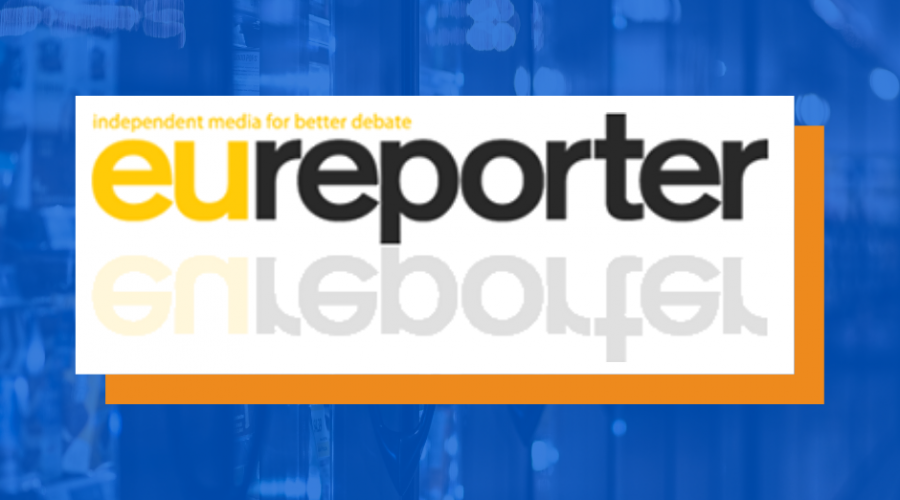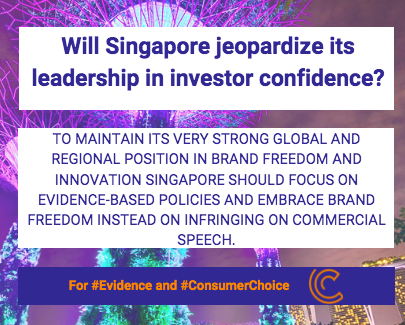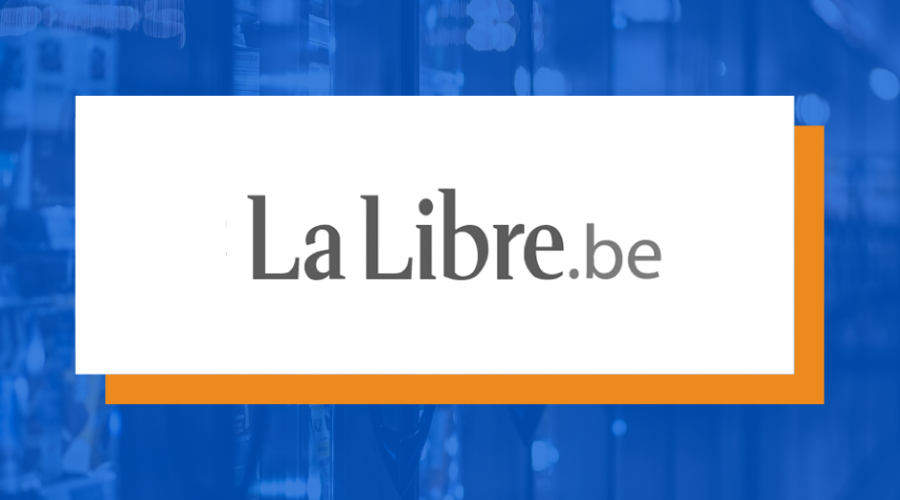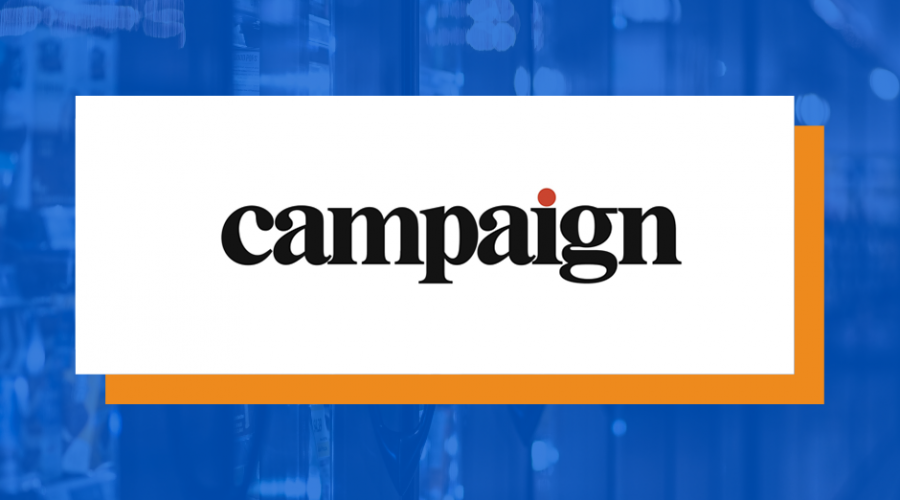Fairness formula: free markets, rule of law, and consumer choice
In light of the Black Lives Matter protests, a statue of former UK Prime Minister Robert Peel, who, among other things, abolished the disastrous Corn Laws in 1846, has been defaced with socialist graffiti. As someone coming from a post-communist country who came to recognise and appreciate the role of free markets in bringing about prosperity, I was heartbroken.
Communism, or socialism as its lower and more feasible version, has come to personify the Garden of Eden, the idealist dream of liberté, égalité, fraternité. In modern European history, socialism, as we know it today, started off as an outraged response to the ever-growing wealth gap between the rich and the poor. The complete lack of economic freedom in the form of excessive taxation and irresponsible public expenditure was at the heart of the French revolution. The same story then played out in Russia and resulted in the establishment of the USSR. The social order leading up to these and many similar uprisings was extremely unfair, but the cure was free markets, rule of law, and peace, not socialism, cronyism, and tyranny.
This lesson of history is especially important and is usually overlooked. Free markets, and in particular free trade, have been key to reducing poverty all across the world. The right to choose that comes with economic freedom has led to individual empowerment in various other areas of life. While socialists’ promise of fairness and equality results in one type of consumer goods available on the shelves, long queues, one haircut for all, one school uniform, and extremely low level of innovation, capitalism celebrates the plentifulness of choices, individuality, and entrepreneurship. And yet free markets are increasingly blamed for all the evils in the world: wealth gap, gender inequality, and even climate change.
It would be a mistake to claim that free markets are a perfect solution to all problems in the world, but it’s the best we have. If left unchecked and without proper incentives, capitalism can really become a brutal race in which those who obtained the most wealth – sometimes not by legal means – win. However, combined with institutional integrity, and the rule of law, free-market capitalism isn’t only the fairest solution based on merit and choice, it’s also the most desirable one.
Let’s imagine, as in the famous Rawls’s experiment, that we know nothing about our individual identity meaning that we don’t know what gender we have, whether we are straight or gay, what is our skin colour, and whether we are rich or poor. For the experiment to work, we have to imagine that all of the people are in this position and we have to establish a new social contract. What would we want it to be?
Regardless of who we turn out to be, we would all end up as consumers and would want to enjoy the freedom to choose from the widest array of products. We would prefer them cheap – so taxes have to be low – and would like to get all the information we can about those products, and of course more innovation. When considering our position in the world under the veil of ignorance, we would likely also think about our lifestyle. Would we all want to agree to the state of things when we are told what to consume, or when someone intervenes into our voluntary exchange with other people? Likely not, unless we think about it from the standpoint of a government bureaucrat who might be driven by noble motives but still wants to control our lives. The majority of people standing behind the veil of ignorance wouldn’t buy into that anyway.
In this experiment, I’m focusing on us as consumers because that is one of the key things that socialism in its pursuit of justice gets wrong. If we look at the world through the veil of ignorance, we would like to be able to make decisions for ourselves, we would want to coordinate in the markets between each other through price mechanisms, not have everything centrally planned. Government is an artificial creation with the mission to deliver on the social contract, and therefore protect our rights, in particular the right to live and property rights. What actually happens, though, is that governments often take our desirable social contract from us by force in favour of fewer markets, less economic freedom, and less consumer choice.
Fairness doesn’t mean equality of outcome, it is the equality of opportunity or the freedom to choose. Only free markets combined with the rule of law can safeguard these.
The Consumer Choice Center is the consumer advocacy group supporting lifestyle freedom, innovation, privacy, science, and consumer choice. The main policy areas we focus on are digital, mobility, lifestyle & consumer goods, and health & science.
The CCC represents consumers in over 100 countries across the globe. We closely monitor regulatory trends in Ottawa, Washington, Brussels, Geneva and other hotspots of regulation and inform and activate consumers to fight for #ConsumerChoice. Learn more at consumerchoicecenter.org
